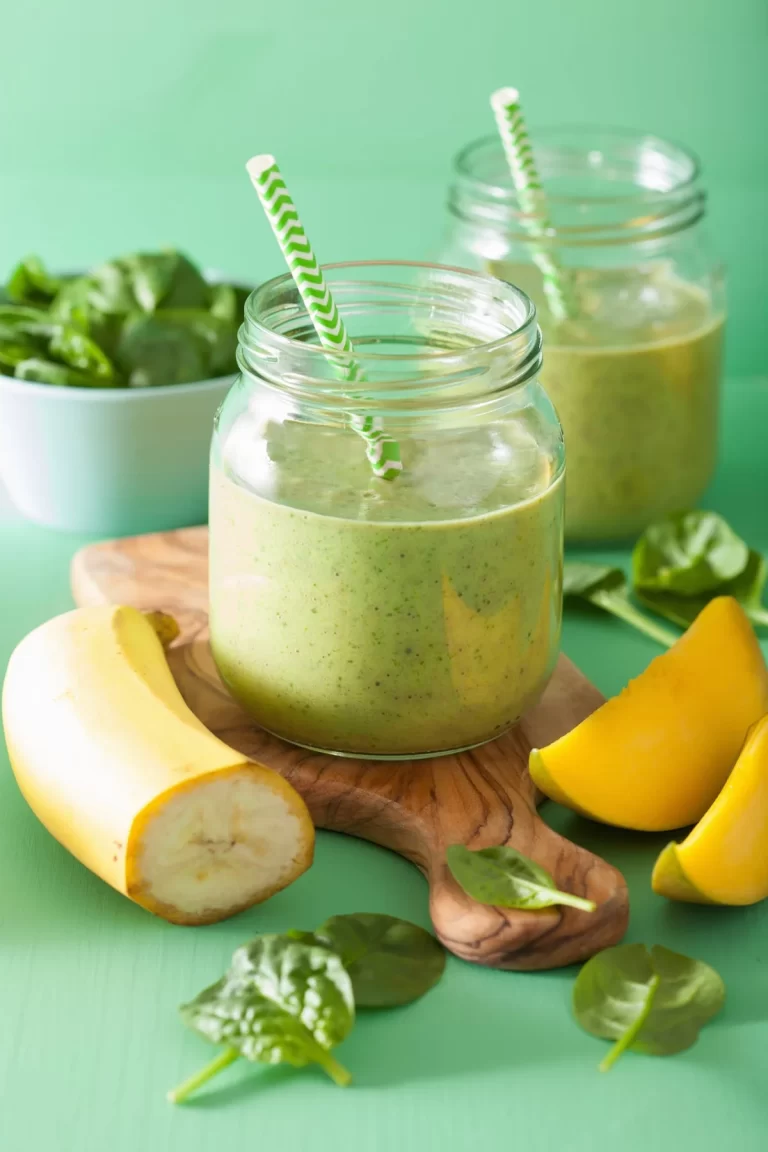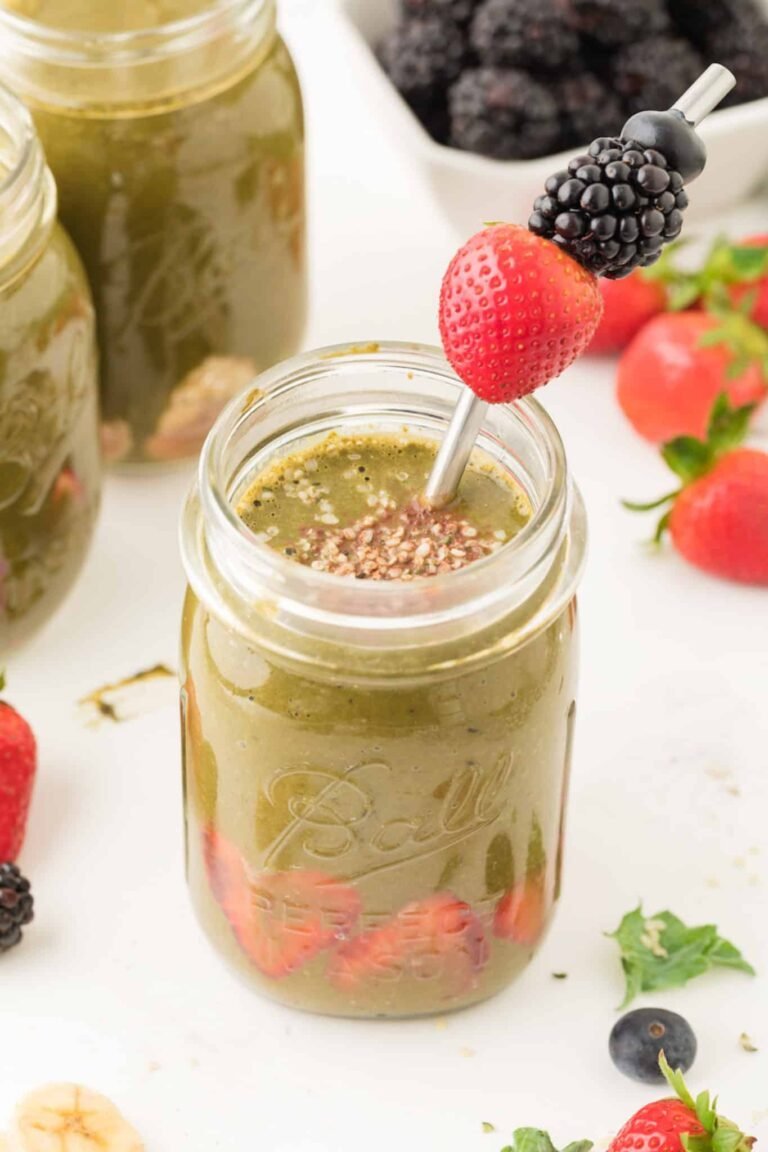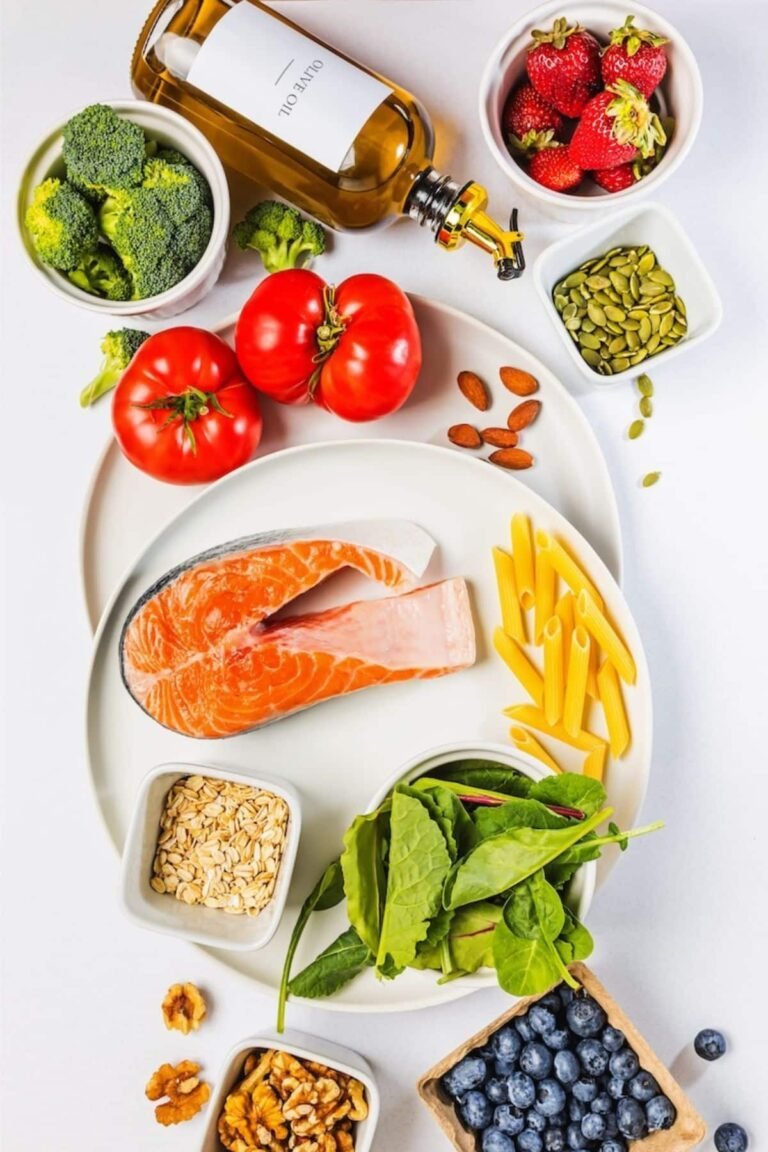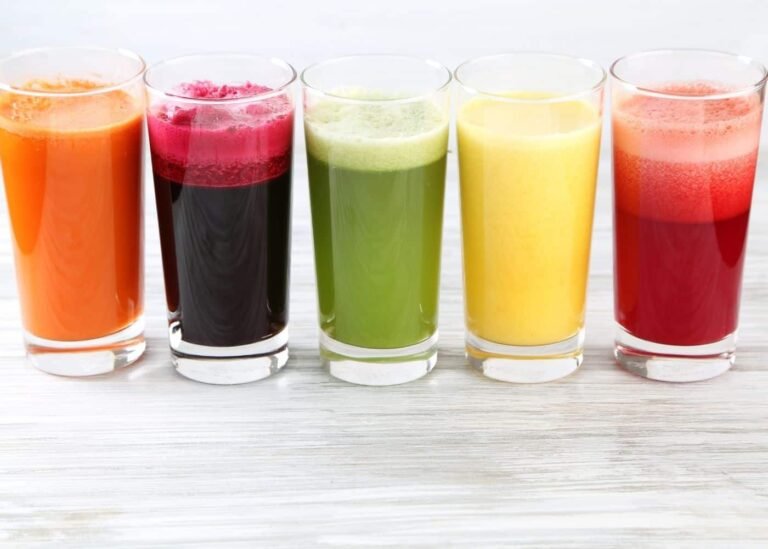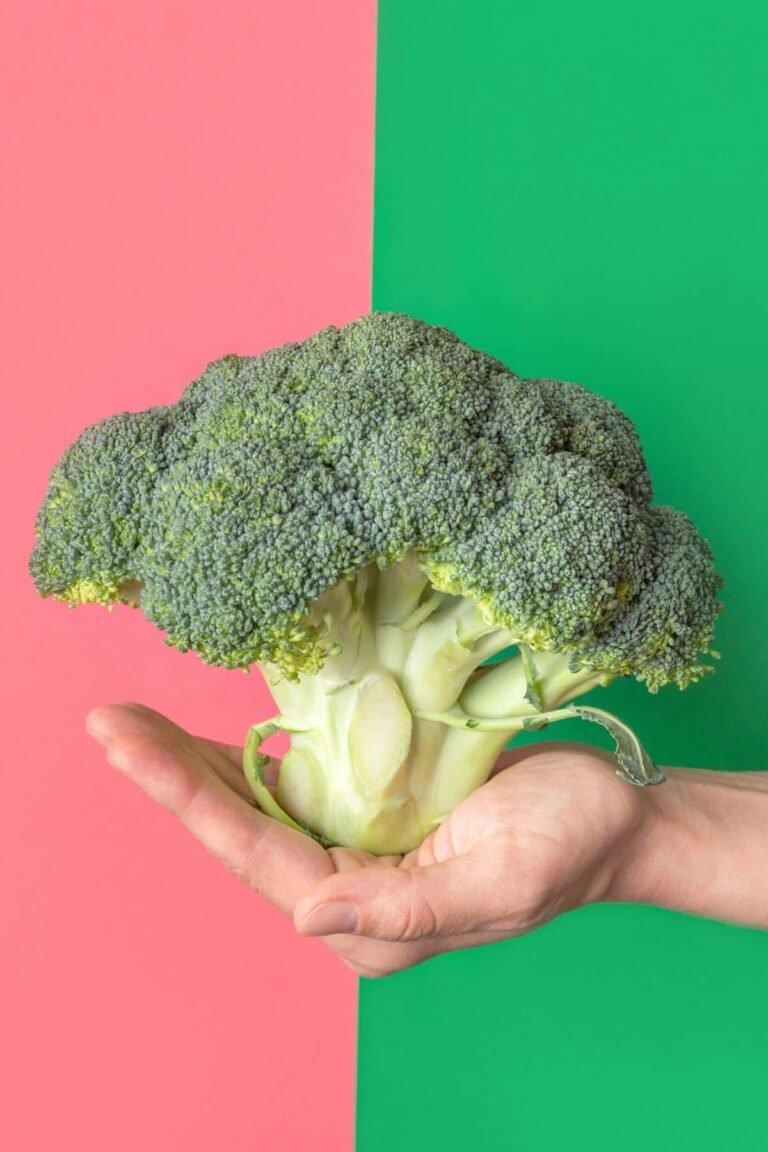10 Ways to Fight Fatigue on a Vegan Diet
Whether you’ve recently transitioned to a vegan or plant-based diet or have been following it for a while, you might find yourself battling fatigue, headaches, or mood changes. It’s not uncommon to experience such symptoms, but fret not – there are simple strategies to help you combat fatigue and feel more energized on your plant-based journey.
Prioritize Quality Sleep:
Lack of quality sleep is a common culprit behind fatigue. Ensure you’re getting enough shut-eye and address any sleep disruptions promptly. Consider factors like calorie intake and nutrient deficiencies, such as iron, which can impact sleep quality.
Seek Professional Help:
If fatigue persists, consult healthcare professionals to rule out underlying medical conditions like thyroid issues or anemia. Nutrient deficiencies, common in vegan diets, might also contribute to fatigue, so it’s crucial to address them with appropriate supplementation.
Consider Supplements:
Discuss with your healthcare provider about incorporating supplements to combat fatigue. Supplements like vitamin B12, iron, and omega-3 fatty acids can replenish essential nutrients often lacking in vegan diets.
Opt for Plant-Based Protein:
If you find yourself needing more protein, consider adding plant-based protein powders to your diet. Experiment with different types to find one that suits you best, and include protein-rich plant foods in your meals.
Manage Stress:
Stress can drain your energy levels. Incorporate stress-management techniques like meditation, spending time outdoors, or seeking professional therapy to help alleviate stress and boost energy.
Exercise Moderately:
While regular exercise is essential, be mindful not to overexert yourself. Aim for about 30 minutes of moderate exercise daily to maintain energy levels without causing fatigue.
Drink Green Tea:
Green tea, rich in antioxidants and l-theanine, can improve focus and mood without the jittery side effects of caffeine. Enjoy a cup to help combat fatigue and enhance alertness.
Choose Whole Foods:
Opt for minimally processed plant-based foods over vegan junk foods. Focus on whole foods like fruits, vegetables, legumes, nuts, and seeds to provide your body with essential nutrients and sustained energy.
Soak and Sprout Foods:
Soaking and sprouting beans, nuts, seeds, and grains before consumption can aid digestion and reduce fatigue or bloating associated with plant-based meals.
Limit Refined Sugar Intake:
While sugar provides a temporary energy boost, it often leads to crashes later on. Minimize consumption of refined sugars to maintain stable energy levels throughout the day.
Conclusion:
Fatigue on a vegan or plant-based diet is manageable with the right approach. Prioritize quality sleep, address nutrient deficiencies, manage stress, and opt for whole, nutritious foods to combat fatigue effectively. Remember to consult healthcare professionals for personalized advice and supplement recommendations.
FAQs:
1.Why am I feeling tired after going vegan?
Fatigue after transitioning to a vegan diet can be due to various reasons, including nutrient deficiencies like vitamin B12, iron, or omega-3 fatty acids. Consult a healthcare professional to address any deficiencies and ensure a balanced diet.
2.Can stress affect my energy levels on a vegan diet?
Yes, stress can significantly impact energy levels regardless of dietary preferences. Incorporate stress-management techniques like meditation or therapy to mitigate its effects and boost energy.
3.Are plant-based protein powders necessary on a vegan diet?
While whole plant foods provide adequate protein for most individuals, some may require additional protein supplementation. Experiment with plant-based protein powders to find what works best for you, but prioritize whole food sources whenever possible.

